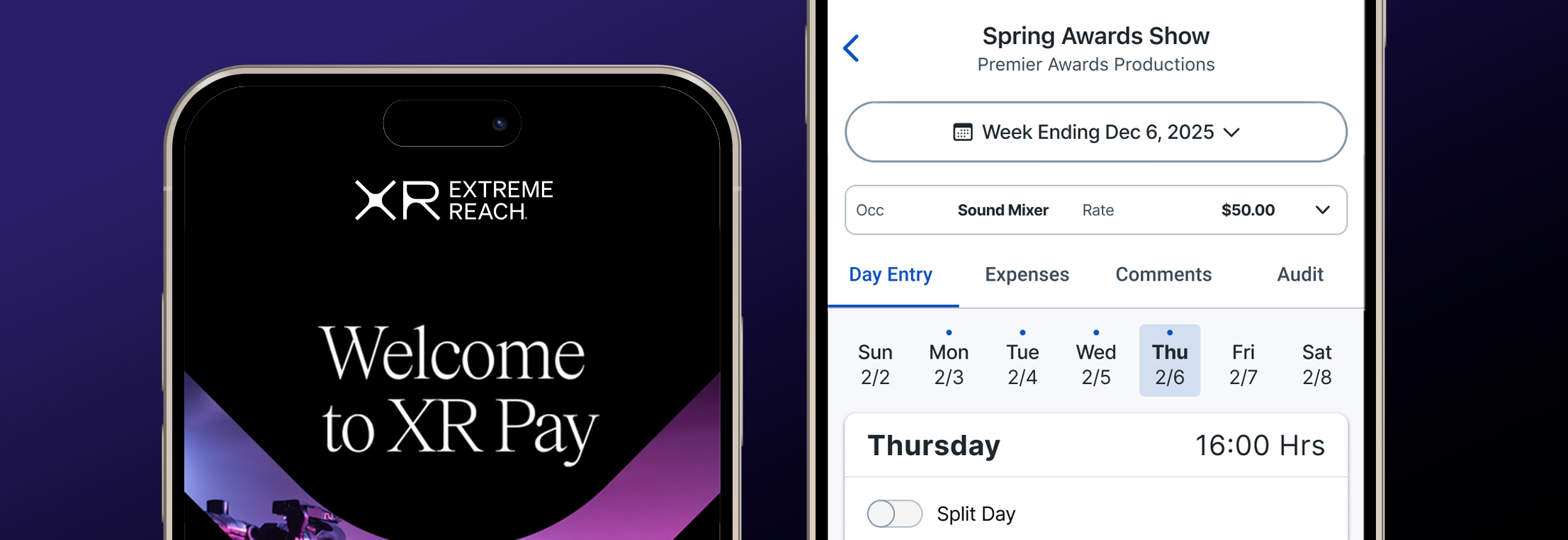Marketers Attract Gen Alpha
Gen Alpha was born online. As the offspring of millennials, this cohort spans the birth years 2010 to 2024, according to Australian-based research firm McCrindle. They’re described as being part of an “unintentional global experiment” where screens were introduced at the same time as pacifiers. Having tech at their fingertips since birth has clear implications for marketers who hope to connect with this digitally savvy group of kids, tweens and teens, the oldest of whom are turning 13 this year. We highlight a few ways marketers are attracting this younger generation.
Power in Numbers
Kids comprise 13% of the US population this year, according to the US Census Bureau, which equals roughly 46 million Gen Alpha members to date. They’re on track to become the largest generation in history, numbering two billion by 2025. Retailers are paying attention to this group that, at a young age, already has a say about how money gets spent. “We see them having a lot of influence on purchasing even beyond their own spend and pocket money,” said Mark McCrindle, who coined the term Generation Alpha. “They are influencing parental purchasing decisions—‘kidfluence,’ as it’s being called.”
Gen Alpha is also more diverse than the rest of the US population. Case in point: 26% of them are Hispanic, compared to 19% of the general public. And while 3% of the US population identifies as mixed race, that number reaches 7% among Alpha members. Additionally, growing up as kids of the COVID generation has made them extra socially aware. “Between living their most critical years in terms of development through a global pandemic and carrying the weight of previous generations and their decisions on their shoulders, they are coming of age in an infinitely complex world full of infinite challenges,” said Kathy Sheehan, senior VP at Cassandra, an insights company that studies generational trends and youth behavior. Overall, experts believe Gen Alpha will care deeply about initiatives that promote diversity, equity and inclusion while emphasizing the importance of mental health.
Mobile Matters
It’s one thing to borrow a parent’s iPhone and another to own a smartphone, which 10.2 million US children are expected to have by 2026, according to data from Insider Intelligence and eMarketer. Already, 17% of kids are smartphone users and a whopping 73% under age 12 are on the Internet, mostly spending time on mobile sites. Of those platforms, YouTube is the clear demographic winner. Nearly 57% of kids 12 and younger watch YouTube—more than TikTok, Disney Plus and Netflix. Top creators like MrBeast and PewDiePie draw a combined total of 242 million YouTube subscribers and charge companies from $500,000 to $2 million to collaborate on sponsorship deals, while other brands opt to partner with more accessible micro influencers when crafting YouTube campaigns for kids.
Fun and Games
Along with access to smartphones, Gen Alpha members were born into the world of gaming. A 2022 Cassandra report called “Gen Alpha: Generation Infinite'' revealed that 58% of kids identify as a gamer when asked how they introduce themselves. Marketers can lean into that data by creating interactive games and activities, as Lego has done. Gamification opportunities on the social media platform Lego Life lets kids compete in challenges, share their own Lego creations, and get inspiration from others. Experts like Susan Reda, VP of education strategy at the National Retail Foundation, recommend that companies brainstorm ways for Gen Alpha to be active participants in finding solutions to problems, because today’s kids “will want to have a relationship with brands and not just passively consume.”
As the first letter in the Greek alphabet, alpha is a fitting moniker for the first demographic to be born entirely in the 21st century. Gen Alpha members may still be young, but they’re already living up to their name and description by breaking norms, defying rules, and establishing new cultural and social trends that will define our world for years to come.



.jpg)
